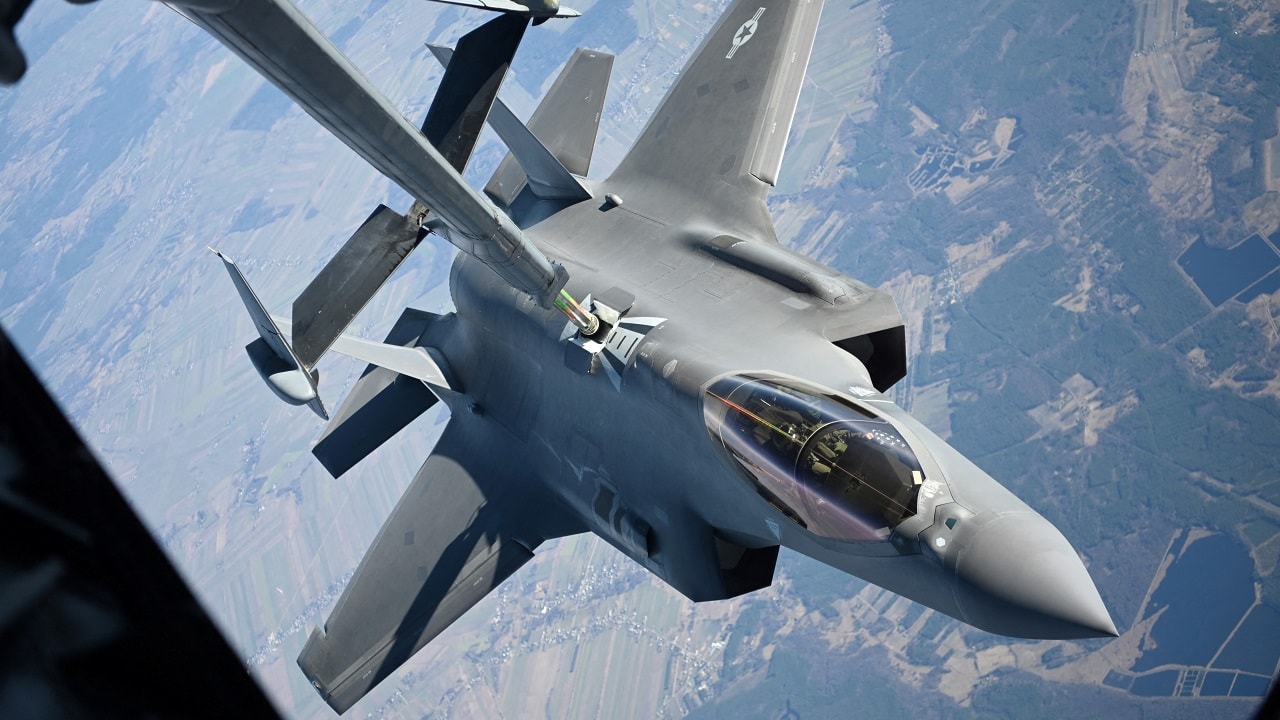The most vocal critics of U.S. aid to Ukraine argue that the war in that country distracts us from our true priorities, China and the Indo-Pacific. For a decade now the United States’ strategic framework has been defined by the false binary of Asia vs. Europe. The so-called pivot to Asia announced in 2012 by then-President Barack Obama was to signal the arrival of a new era of confrontation with China, in the Indo-Pacific and beyond.
Not all Freeloaders
The decades-long Global War on Terror came to a screeching halt in 2021 as the U.S. withdrew from Afghanistan. In the months since, the idea of abandoning the “freeloading” Europeans and refocusing on the Chinese threat has become a mantra for a significant and growing segment of America’s foreign policy establishment. These critics are only reinforced at home by the neo-isolationists on the political right and left.
The picture of free-riding Europeans painted by this ascendant camp is hardly a fair description of where Europe is today, or at least of how the countries on the continent’s eastern frontier – states gathered from the Baltic to the Black Seas in a geopolitical construct known as the Intermarium – see their relationship with the United States. It is not only America’s traditional ally, the United Kingdom, that has contributed significant aid to Ukraine and continues to assist with the U.S. supply effort. Countries including Finland, the Baltic States, and especially Poland have contributed above and beyond expectations. In doing so, they have taken on the risk that Russia may target them for retaliation.
Even before Poland advocated to export German-made tanks to Ukraine, it had already sent some 260 tanks, including upgraded T-72s. Warsaw has pledged to send an additional 74 tanks to Ukraine in the coming weeks, including Leopard 2s and PT-91 Twardys.
Assuming Great Risk
Those tanks are but one part of the country’s effort to contribute military aid to Ukraine. Poland has also sent to Ukraine its Krab self-propelled howitzers and Piorun shoulder-fired anti-aircraft missiles, among other weapons systems and in addition to small arms and ammunition. Flank countries like Finland, the Baltic States, and Romania have been sending military aid from the start.
Most important is that each of these countries takes risks everyday as they provide weapons from their own stocks and provide the transshipping lanes that allow assistance to reach Ukraine. Indeed, without Poland’s assistance and access to its infrastructure, the United States and its allies would not be able to supply Ukraine’s war effort. The critical importance of Poland’s effort to help Ukraine raises the risk that Russia will attack Poland directly. In short, talk of “ungrateful Europeans” should at the very least be prefaced by the word “some” and not applied in a blanket fashion, especially to countries along the Eastern flank of NATO.
Intermarium Anchors a Changed System
Alliances are not just about institutional framing. Above all, they are about shared interests and the willingness of countries to put their resources on the line and assume risks to support each other. Another case in point: Finland’s rearmament, and the fact that support for NATO membership in the country has risen to 78%, speak volumes about Helsinki’s determination to be a close U.S. ally, and to do its part to earn and retain America’s support.
Sweden, the Baltic States, and Romania have aligned closely with the United States when it comes to assisting Ukraine. They have shown they are serious about rearmament, and that once the process is complete, they are poised to do their part in assuming the burden of defending NATO members. In practice, this would mean the Europeans provide the bulk of conventional deterrence and defense while the U.S. provides the nuclear umbrella and high-end enablers.
Russia’s invasion of Ukraine is a system-transforming war, and as it enters its second year the United States should work closely with its allies along NATO’s eastern flank. This is the best way to make sure Europe builds the capabilities necessary to free up more U.S. assets for the Indo-Pacific.
Europe and Asia are not either-or propositions when it comes to America’s security and prosperity – we need to be anchored in both theaters. To ensure that we can do so at a manageable cost, we should support, invest in, and work closely with the Intermarium region that includes all of the countries along NATO’s Eastern frontier. It is in America’s interest, and it will pay us going forward to have allies who stand with us because they share our threat perceptions, not to mention our values.
Andrew A. Michta is Dean of the College of International and Security Studies at the George C. Marshall European Center for Security Studies in Garmisch, Germany and a Nonresident Senior Fellow at the Scowcroft Strategy Initiative in the Atlantic Council’s Scowcroft Center for Strategy and Security. The opinions expressed here are those of the author and do not reflect the official policy or position of the George C. Marshall European Center for Security Studies, the U.S. Department of Defense, or the U.S. government.

